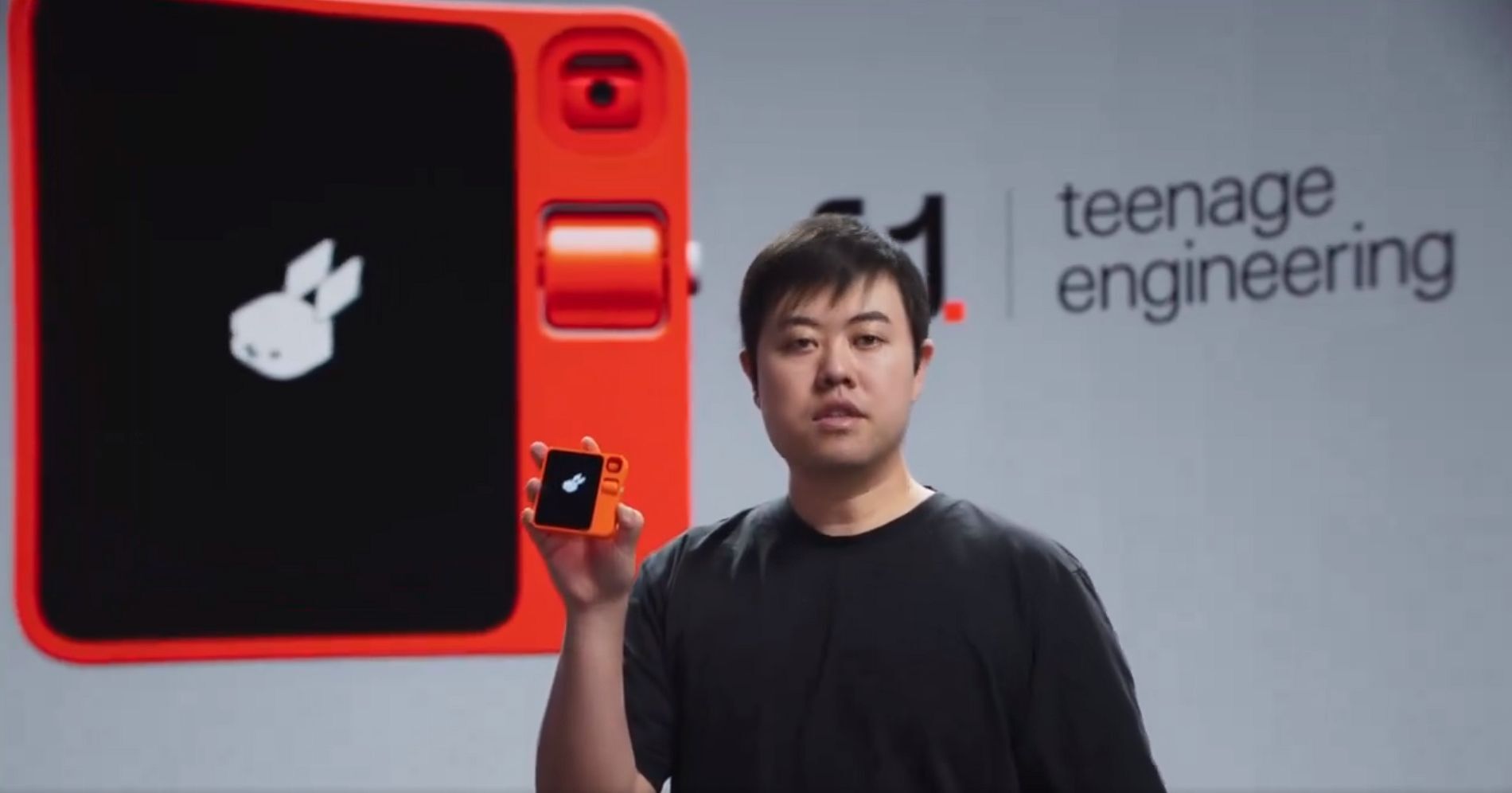Wearable technology is strutting into 2025 with a high-tech makeover that feels straight out of a sci-fi flick. The game-changer? Artificial intelligence. These sleek gadgets are no longer just about counting steps or tracking sleep; they’re evolving into personal health assistants right on your wrist. Think about it—your wearable device is now capable of offering real-time health diagnostics and even monitoring your mental well-being. It’s like having a mini healthcare unit with you at all times, and the latest buzz from CES 2025 confirms that this isn’t just a trend—it’s the new normal.

At CES 2025, the buzzword was versatility. Devices showcased ranged from fitness trackers morphing into health monitors to augmented reality (AR) glasses that overlay digital information onto the real world. “We are witnessing the dawn of a new era where wearables are no longer devices but companions,” stated Alex Rivera, a tech analyst at CES. “They’re becoming integral to our daily lives, adapting to our health needs in ways we could only imagine a few years ago.”
AI Meets Health Diagnostics
The integration of AI in wearable tech is perhaps the most exciting development. Devices can now detect irregular heartbeats, monitor oxygen levels, and even predict potential health issues before they become serious. This is especially significant considering the World Health Organization's push towards preventive health measures. AI algorithms analyze data collected from sensors to provide users with precise health insights and actionable advice. It’s like having a doctor in your pocket, advising you on lifestyle changes in real-time.
Moreover, mental health monitoring is stepping into the spotlight. Devices equipped with AI can now track mood changes by analyzing speech patterns and physical activity. As mental health awareness grows, these capabilities provide users with tools to manage stress and anxiety, revolutionizing personal healthcare.
The Power of AR and VR
Wearables are also diving into the realm of AR and VR, enhancing user interaction with the world around them. The latest AR glasses, for instance, can display navigation directions or notifications right in your field of vision, integrating seamlessly into everyday activities. These innovations are not just about convenience; they aim to elevate our interaction with the digital world, making it more intuitive and engaging.

Pioneering Sustainable Tech
Sustainability is another pillar of the future of wearables. At CES, innovations like lithium-free, paper-thin cellulose batteries were unveiled, signaling a commitment to eco-friendly tech. These batteries promise to reduce e-waste and make devices more sustainable without compromising on performance.
Industry Leaders Weigh In
Industry leaders are keenly aware of these shifts. Samsung, for instance, has made strides in integrating AI into their Home AI systems, aiming for a fully connected lifestyle that ties together health, convenience, and sustainability. As the consumer demand shifts towards more integrated and multifaceted devices, companies are racing to innovate and capture the market.
“The wearable tech industry is experiencing a paradigm shift,” says Dr. Emily Tan, a tech advisor with a focus on consumer electronics. “With AI and sustainability leading the charge, we’re looking at a future where wearables are not just gadgets, but essential tools for living healthier, more connected lives.”
The Road Ahead
With all these advancements, what does the future hold? According to forecasts, the wearable tech market will continue expanding, driven by these AI-powered innovations and the ongoing evolution of consumer expectations. As 5G networks and edge computing technologies mature, they will further enhance the capabilities of wearables, providing faster, more efficient data processing.
In conclusion, the wearable tech landscape of 2025 is not just a progression of the past but a leap into a future where health, technology, and sustainability intersect to create a smarter, healthier world. The potential of wearables to transform how we monitor and manage our health is immense, and as AI technology continues to develop, the possibilities are endless. Buckle up; the future of health tech is wearable, and it's here to stay.